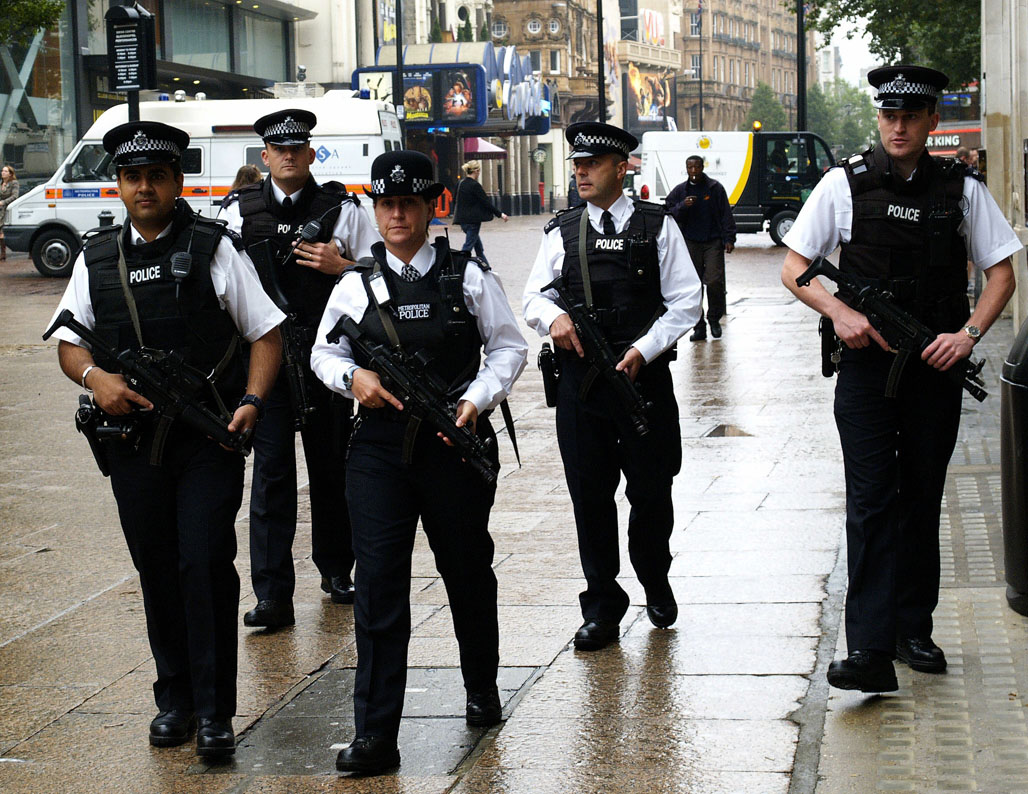The Commissioner of the Metropolitan Police has said that drugs should not be decriminalised but that the issue should be looked at through a public health, not criminal justice, lens.
Cressida Dick was asked whether it was time for her police force, the largest in the country, and the Government to take a more liberal view of drugs and decriminalise their use while speaking at an event hosted by the Howard League for Penal Reform.
In an answer demonstrating her mixed message on drugs policy, the Commissioner refused to endorse the decriminalisation of drugs and also did not discuss the implications of a legally regulated market.
But, she emphasised that the long-term approach to drugs should be one of public health – which she linked to a drop in drug use among young people in the UK.
“I do genuinely think it’s a very, very complex question,” she said.
“I think we should see drugs as primarily a health issue and I think it is the public health approaches that are likely to succeed in the longest run. We have seen that largely in this country already in many respects. I know drug deaths have gone back up recently, but when you look at the proportion of the young population that take drugs compared to my generation, I think really encouraging things have happened through the public health agenda.
“However, I was in the States the week before last. Among other things, I saw the horrific opioid crisis they have going on there. I have talked to colleagues in many other countries where there are parts of the country where they have decriminalised absolutely a lot more than we have or some parts where they have in the country and some parts where they haven’t. I’m afraid it feels like a magic wand but actually it is absolutely ridden with difficulties and so, no, I do not believe we should decriminalise drugs. But, I do think in the long-term, solutions are not, of course, through the criminal law.”
The Commissioner’s seemingly progressive comments are confusing, given that criminality is a major hurdle to drug use being treated as a health issue. Illegality tends to drive those using drugs underground and leaves them reluctant to seek treatment for problematic use or support with regards to how to reduce harm.
Dick, who said she had never used drugs, had earlier raised concerns about an increase in violent crime in London involving young people as both victims and perpetrators.
She said the types of first-time offences being committed by young people were now more serious than in previous years and that this cohort was “not fearful of how the state will respond to their actions” and do not see prison as a deterrent.
Although prison for young people was not the preferred option, the Commissioner asked: “At what point does the state prioritise its duty to protect the public and young people see that the criminal justice system will catch up with them?”
Despite the worrying state of youth prisons, she said, it had to be asked, whether it was time to send young people to prison, and for longer sentences, to deal with the capital’s increase in youth-related violence.
The Commissioner’s remarks will certainly have raised eyebrows among her audience.
The Howard League for Penal Reform campaigns, among other issues, to keep children out of the criminal justice system, arguing that the more a child comes into contact with the system, the more entrenched they are likely to become in it and to reoffend.
This summer, its research revealed that arrests of children aged 17 and under in England and Wales had fallen by 64% in the past six years – from almost 250,000 in 2010 to 87,525 last year.
But, for Cressida Dick there clearly is a need for pragmatism in the current political climate.
Asked whether it would be of any use to send young people to prisons in their current state – which, at worst, are likely to create more problems and, at best, can simply warehouse them – she said: “The fact that currently prison doesn’t work doesn’t mean we should give up and not send anyone to prison because I’m responsible for crime on the streets of London and what’s happening to the public and other young people.”
With slashed police budgets and an overstretched force increasingly being used as the first port of call for people with mental health issues and required to deal with the ever-evolving threat of terrorism, does the Met no longer feel equipped to deal with violent young people on London’s streets? And, if the prisons awaiting them instead are in no fit state to help or even house them, who is?
Hardeep Matharu is a writer and researcher at Volteface. Tweets @Hardeep_Matharu

